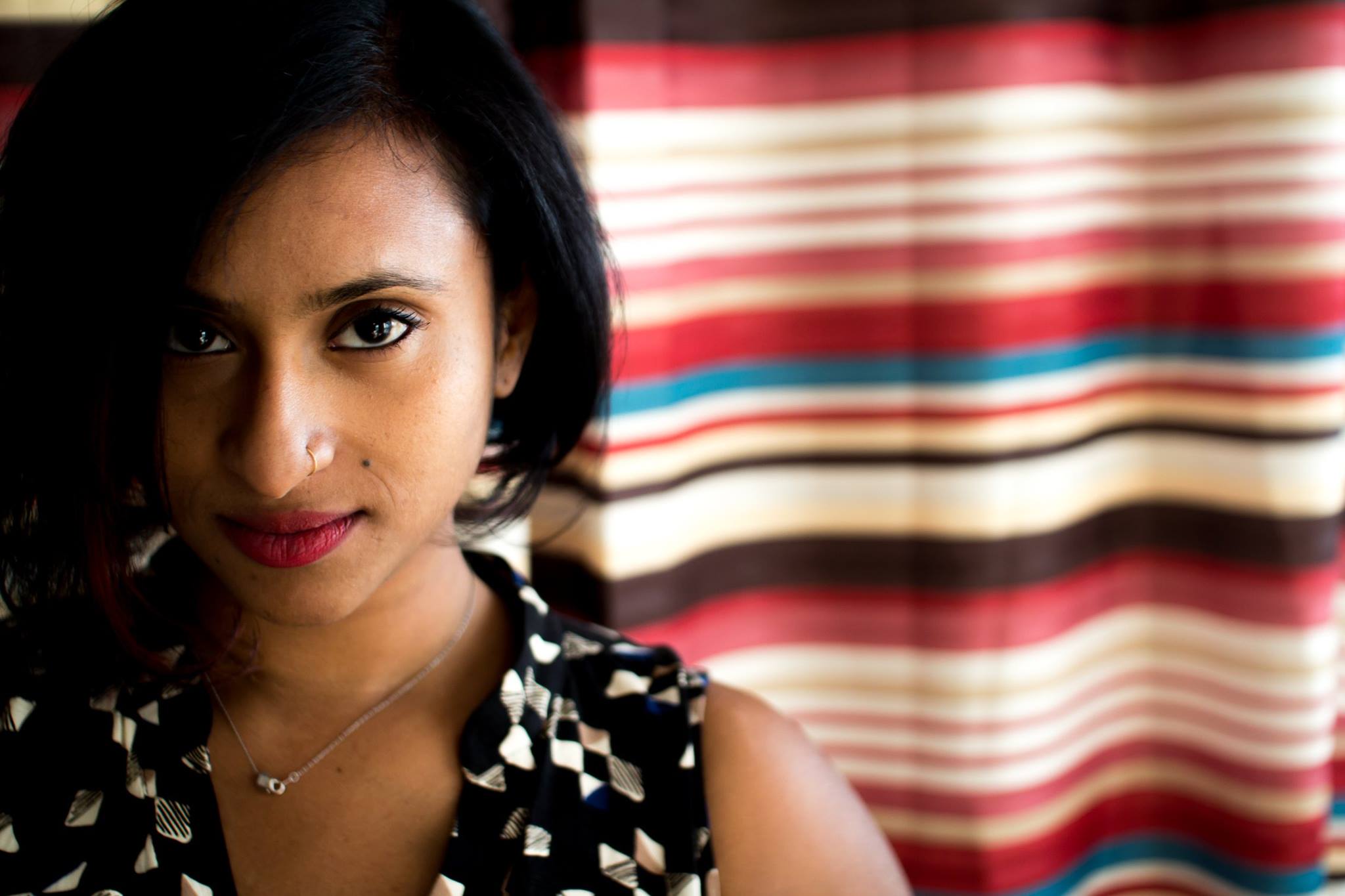“Somewhere in this insomniac night
my life is beginning
without me.”
In Tarfia Faizullah’s second collection, the award-winning poet turns to questions of identity and history.
The title of Faizullah’s sophomore publication takes its title from the opening poem, “Registers of Eliminated Villages.” The work details the destruction of nearly 400 Kurdish villages in Iraq.
“Frontline only counted each / town destroyed: three / hundred ninety-seven of them. Who counts dolls, hand- / stitched, facedown in dirt?” Faizullah carefully pulls apart the distinction between the lists and facts reported in media, and the real lives that those data represent.
Tarfia Faizullah Shifts to the Personal
For Faizullah’s debut collection of poems, Seam, the poet traveled to Bangladesh to interview survivors of mass rape during wartime in 1971. The voices of survivors speak through those poems, which weave together historical and personal trauma.
In her new collection, Faizullah further pursues this note of trauma and identity in more personal ways. Raised near Flint, Michigan, the poet draws connections between the Flint water crisis and water insecurity in Bangladesh. The coupling of ethnic heritage and childhood upbringing appears throughout Faizullah’s poetry.
“I told the water / You’re right / the poor are / broken sidewalks / we try to avoid,” she writes.
Water is simultaneously friend and enemy, necessity and poison. This complex relationship with something so frequently taken for granted maps across Faizullah’s multi-faceted identity.
The Personal and Political Collapse into Each Other, For Faizullah
When researching in Bangladesh and writing Seam, Faizullah had to walk a careful line between giving survivors a voice without beautifying their trauma through the poetic process.
“I was running the risk of writing poems that exoticized or diminutized the experience of being a victim, or being treated as a martyr, when a lot of the birangona haven’t lived their lives that way,” Faizullah acknowledges.
But Faizullah navigates this space by weaving together the personal and political, humanizing the factual or statistical information.
“In a lot of ways, these women seemed to me to be outside the usual categories. Their stories cannot be seen as either personal or political. They have to be seen as both simultaneously,” she says.
Identity Fuels Tarfia Faizullah’s Poetry
Above all, Faizullah’s poetry brings the tension of complex identities to a head.
“I’ve always been fascinated by the question of how to be a woman in the right way – what it means to be a woman in a religiously conservative culture, and what happens when some attention is given to you as a sexual being,” Faizullah says.
In “The Doors to Trinity” she writes:
“I did learn to borrow: rides from strangers, / how to dress or laugh, cash stacked / in aluminum foil meant for villagers / too far away for me to care. / Yeah, I did that. Snuck off / to unwrap my own morals.”
Faizullah wants to understand how identity is constructed, especially in terms of her own Bengali-American roots.
“I’ve spent a lot of time trying to understand what it means when there is no vocabulary, or language, or even space given for you, as a being, outside of certain prescribed categories,” she explains.
Or, as one of her early poems begins:
“Each week I pull hard / the water from the well, / bathe in my sari, wring / it out, beat it against / the flattest rocks – Are you / Muslim or Bengali, they / asked again and again. / Both, I said, both.”



